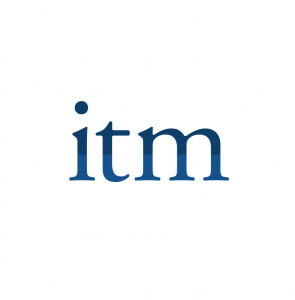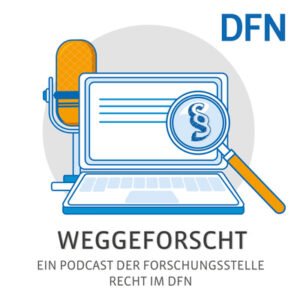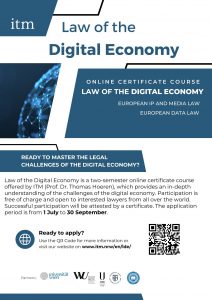New edition of the ITM examination interview
After the written exams, every exam graduate has to take the oral exam, which consists [...]
Apr
Data access rights through the Data Act
The Data Act came into force on January 11, 2024. With the regulation of data [...]
Apr
New additional training: Law of the Digital Economy
From the winter semester 2024/2025, the ITM will offer a new, English-language supplementary [...]
Apr
Prof. Dr. Andreas Roth in conversation
In an interview with Thomas Hoeren, the well-known legal historian Prof. Dr. Andreas Roth from [...]
Apr
Liability for fines in data protection law
The European Court of Justice (ECJ) issued a long-awaited ruling on December 5, 2023, Case [...]
Mar
Announcement: Lecture on the “Role of generative AI in the conversion of foreign patent applications into UPC-court-proof patents”
On Tuesday, 19.03. At 12 noon, the ITM will welcome renowned patent attorney Martin Schweiger [...]
Mar
Publications
The following publication list contains the publications of Professor Dr. Thomas Hoeren.
Courses
In addition to the lectures in the compulsory subject area of the intermediate examination, the ITM also offers its own specialization area and two additional courses.
Employees
A number of employees work at the ITM. Some of the staff work at the chair itself and are primarily concerned with issues relating to course planning.
ITM stands for Information, Telecommunications and Media Law. The legal field has a long tradition in Münster, starting in 1997 with the ITM Institute of the University of Münster. The institute was based in the Faculty of Law until it moved to the new premises on the Leonardo Campus. In civil law, Professor Dr. Thomas Hoeren has built up a broad network in computer science, art studies and economics in close cooperation with the private sector and other foreign research institutions. Since then, more than 150 researchers have been awarded doctorates; “ITMers” are now working in a variety of jobs in administration, business, the legal profession and even as university lecturers.

Prof. Dr. Thomas Hoeren






